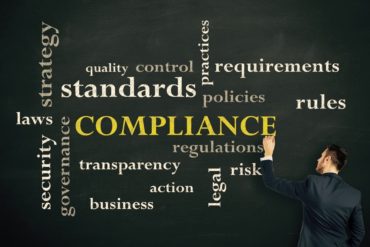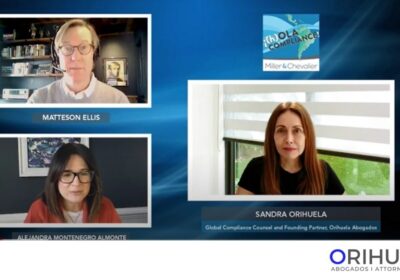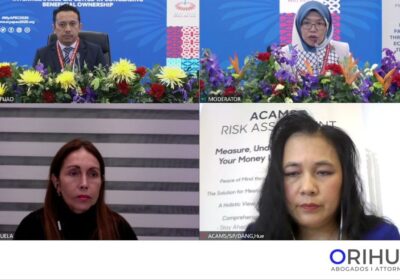Peru welcomed the new year by enacting into force Law 30424, which introduces corporate criminal liability applicable to bribery.
Peruvian law now recognizes the independent criminal liability of a legal person for local and foreign bribery, imposing sanctions ranging from fines, debarment from government contracting to dissolution of the legal entity.
This is aligned with the U.S. standard of respondeat superior applicable to the FCPA and other offenses, in that corporate entities face criminal liability for the illegal conduct of their employees or agents when acting within the scope of their employment or agency, and when such illegal conduct was intended to provide, at least in part, a benefit to the corporate entity.
Responding primarily to its accession efforts before the OECD and to other international commitments, at the beginning of 2017 Peru broadened the corporate liability applicable to legal entities by way of Law Decree 1352, giving corporations a full year to transition into the heightened requirements. The country’s objective is to comply with its international agreements and to improve its legal framework by introducing a new system of administrative liability to regulate the autonomous liability of the legal person when involved in bribery related offenses, including money laundering and terrorism financing.
While the new law is a step forward in the fight against corruption, it comes at a time when Peru is facing some of its worst corruption scandals and the country appears overwhelmed in a state of disruption resulting from corruption. Former presidents serving during the last 17 years are accused of alleged involvement in some form of corruption, the most recent of which narrowly avoided President Kuczynski’s removal from office before Christmas on the grounds that he was “morally handicapped” to serve as president after admitting he had received advisory fees from Odebrecht while he served as Peru’s economy minister and prime minister.
Several government officials, politicians, well known private citizens and executives are being subject to prosecution and face bribing, corruption or money laundering charges. This has caused disruption at all levels of government and society. Now the corporate tier faces additional scrutiny.
The most significant provisions of the new amended legislation are:
- It applies to all forms and size of legal entities, private and public, including de facto legal entities such as associations, committees and irregular entities.
- It applies independently to the legal entity and does not require the act or conduct of an individual to trigger the corporate criminal liability.
- It applies to local and foreign bribery of public officials as provided in the criminal code; to money laundering, terrorism financing and to other illicit acts (i.e. illegal mining) pursuant to specific law.
- Penalties and sanctions are to be applied on the basis of the benefit derived from the bribery and the annual income of the legal entity.
- Legal entities can be subject to compulsory intervention or supervision, as well as to a stay of sanctions and fines for a period of up to two years (which appears analogous to the DPAs and NPAs of the U.S. but is subject to regulations not yet enacted).
Mitigating factors include substantial cooperation, reparation, the existence of an “adequate” corporate compliance program (called “preventive compliance model”), to the adoption and implementation of the compliance program following the crime but before sentencing.
The adequacy of the corporate compliance program is based on the size and nature of each legal entity. Its minimal requirements, however, mirror certain key components of an effective compliance program per the Evaluation Guidance of Corporate Compliance Programs published by the Fraud Section of the U.S. Department of Justice last February:
- Autonomy of the Compliance Function
- Risk Assessments
- Training and Communications
- Confidential Reporting, and
- Continuous Improvement, Testing and Review.
These are subject to further detail by way of the pending regulations.
Not without criticism and its own challenges — primarily related to the yet to be published regulations and the designation of the securities regulator to determine the adequacy of the corporate compliance program — the newly imposed corporate criminal liability is part of Peru’s new chapter in the globalization of its anti-corruption efforts.
This article was first published on the FCPA blog.
Sandra Orihuela




